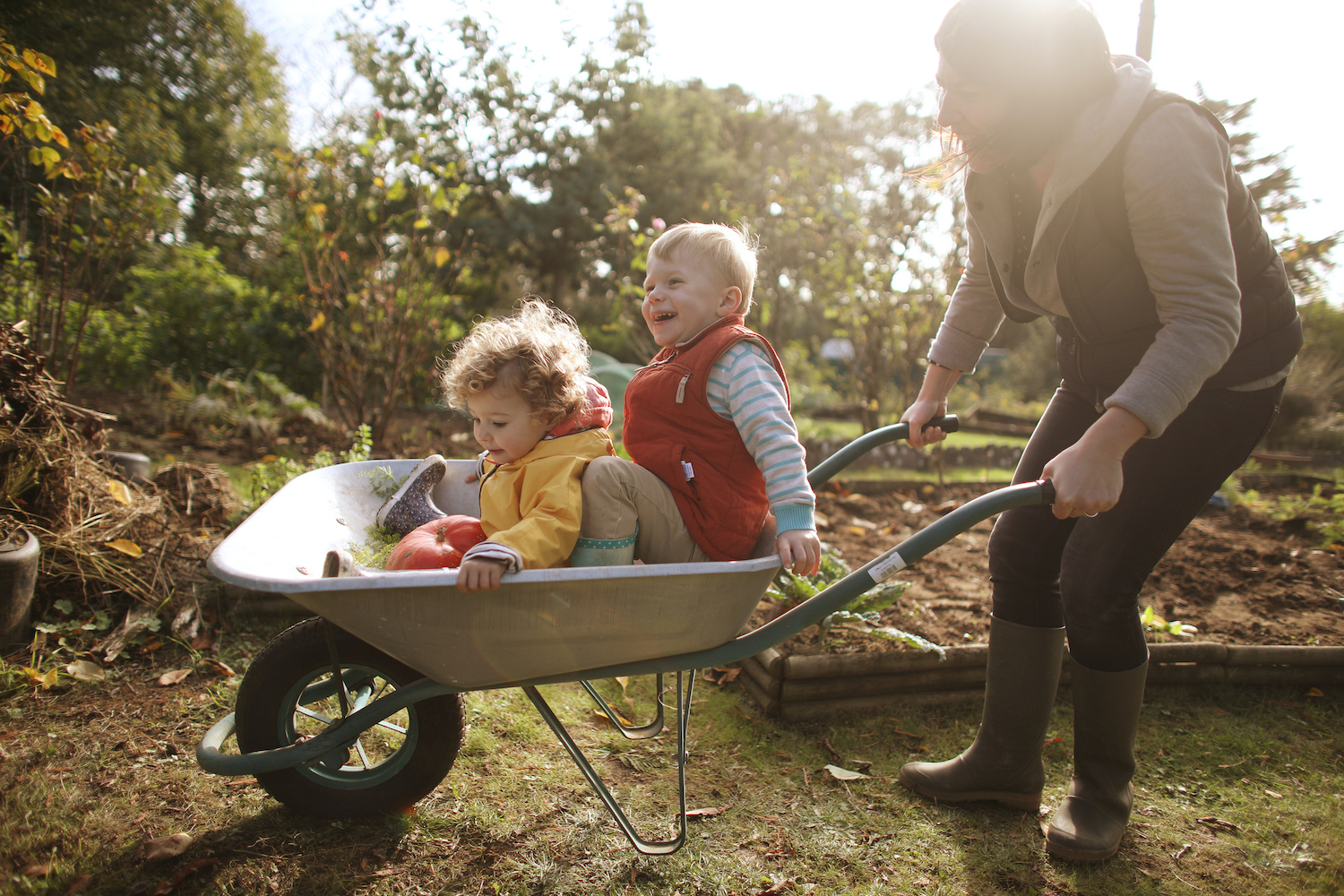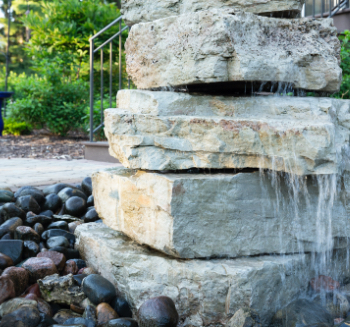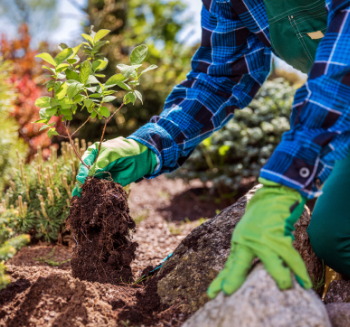4 Tips to Prepare Your Garden Beds for Winter

Fall has just begun, and the weather may still be really nice, but don’t get too comfortable—winter is right around the corner. As much as it pains us to admit it, autumn is a very short season with plenty of work for us to do both in the garden and around the house.
After a busy spring of planting, a bountiful summer’s harvest, and early fall bulbs, it may be tempting to hang up your tools and let nature run its course. While that is certainly an option, doing so will only make your spring chores that much more laborious.
If you’d like to hit the ground running when the snow finally melts, there are a few simple things you need to do now before the frost kicks in. Here are four quick tips to properly prepare your garden beds for the harsh winter months.
Tip #1: Remove weeds and dead plants
While you may be burnt out from months of picking weeds, now is arguably the most important time to do it. Not only can invasive autumn weeds harbor disease, but this is the time that they’re setting seeds and preparing to wreak havoc on next year’s success.
You’ll also want to take this opportunity to clear out any dead and rotting plants. If they’re disease-free, you can add them to your compost or bury them directly in the soil to increase your tilth for next year.
Tip #2: Prepare your soil for spring
Speaking of soil, it’s a common misconception that you need to wait until spring to add in your compost and other organic material. Fall is the best time to incorporate manure, compost, and other nutrients such as bone meal, rock phosphate, and kelp.
The best part is, you don’t need to manually work it into the soil at all. Just add a thin layer on top and allow the natural freezing and thawing cycles to incorporate it for you. Plus, by adding it now, you’re allowing it the entire offseason to fully break down and enrich your soil, giving your spring plants a significant head start.
Tip #3: Add a ground cover to protect your plants
While some seasoned green thumbs insist on planting a fall cover crop, for many garden enthusiasts there is a far simpler alternative. Adding a thick layer of organic mulch will help regulate soil temperature, reduce water loss, inhibit weed growth, and prevent soil erosion.
Want to avoid buying more mulch? If you have some deciduous trees in your yard, chances are you have a bulging bag of leaves or two laying around. Simply spread those around your garden beds for roughly the same effect.
Tip #4: Tend to your perennials
Even year-round plants require a touch of TLC before the frost sets in. Try to focus your pruning efforts on herbs—such as thyme and sage—and hardy vegetables like rhubarb and asparagus.
While fall pruning can be very beneficial for certain kinds of plants, it can also be detrimental to many others. If you’re unsure of the care requirements for a particular plant, do some research or consult your local garden center expert.
Get ready for winter with help from Dundee
If you’re looking for some last-minute fall plants, mulch, or high-quality gardening supplies, then visit the Dundee Garden Center in Plymouth. Their knowledgeable staff can answer all of your fall gardening questions, so you can rest assured knowing your garden beds are ready for whatever this winter may bring.



